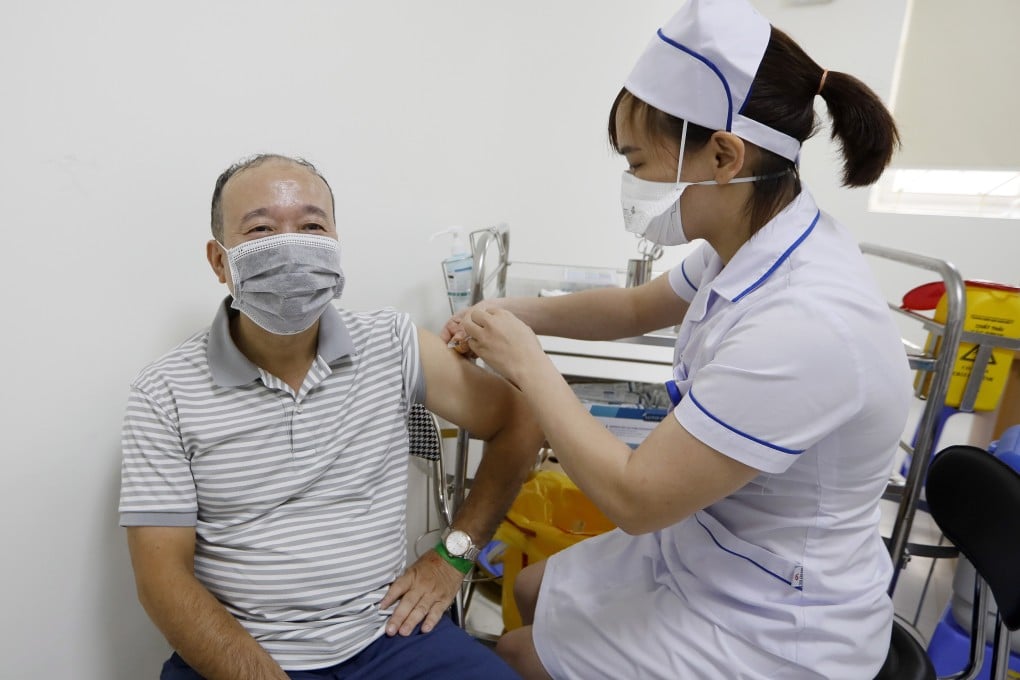Vietnam’s EuroCham urges EU ambassadors to procure more vaccines as country battles tenfold increase in cases
- The European Chamber of Commerce has also met Vietnamese ministries and officials over accelerating the country’s slow vaccination programme
- The fourth wave has sunk EuroCham’s confidence in Vietnam’s business environment to the fourth-lowest point in the last 12 years

EuroCham chairman Alain Cany told a webinar this week that the chamber has met different ministries and other high-level party officials in the last month to discuss the acceleration of vaccinations and the logistics associated with that, among other issues. He said vaccine procurement is a “government-to-government affair” with the support of the private sector, including EuroCham.
“For instance, we have helped to connect Vietnam’s ambassadors in EU member states with potential suppliers, and emphasised that our companies are willing to pay if these vaccines can be used for their staff,” Cany said.
EuroCham is one of the biggest foreign chambers of commerce in Vietnam, with over 1,000 members, including Pfizer, AstraZeneca and major companies like Bosch and Deutsche Bank. Its members directly employ over 150,000 people, according to its website.
The fourth wave has affected 58 out of 62 provinces and cities, with the country’s economic centre, Ho Chi Minh City, emerging as the epicentre. On Friday, it began a 15-day lockdown, with many other southern localities following suit. The capital Hanoi has shut indoor restaurants, cafes and barbershops again and is testing everyone returning from virus-hit regions.